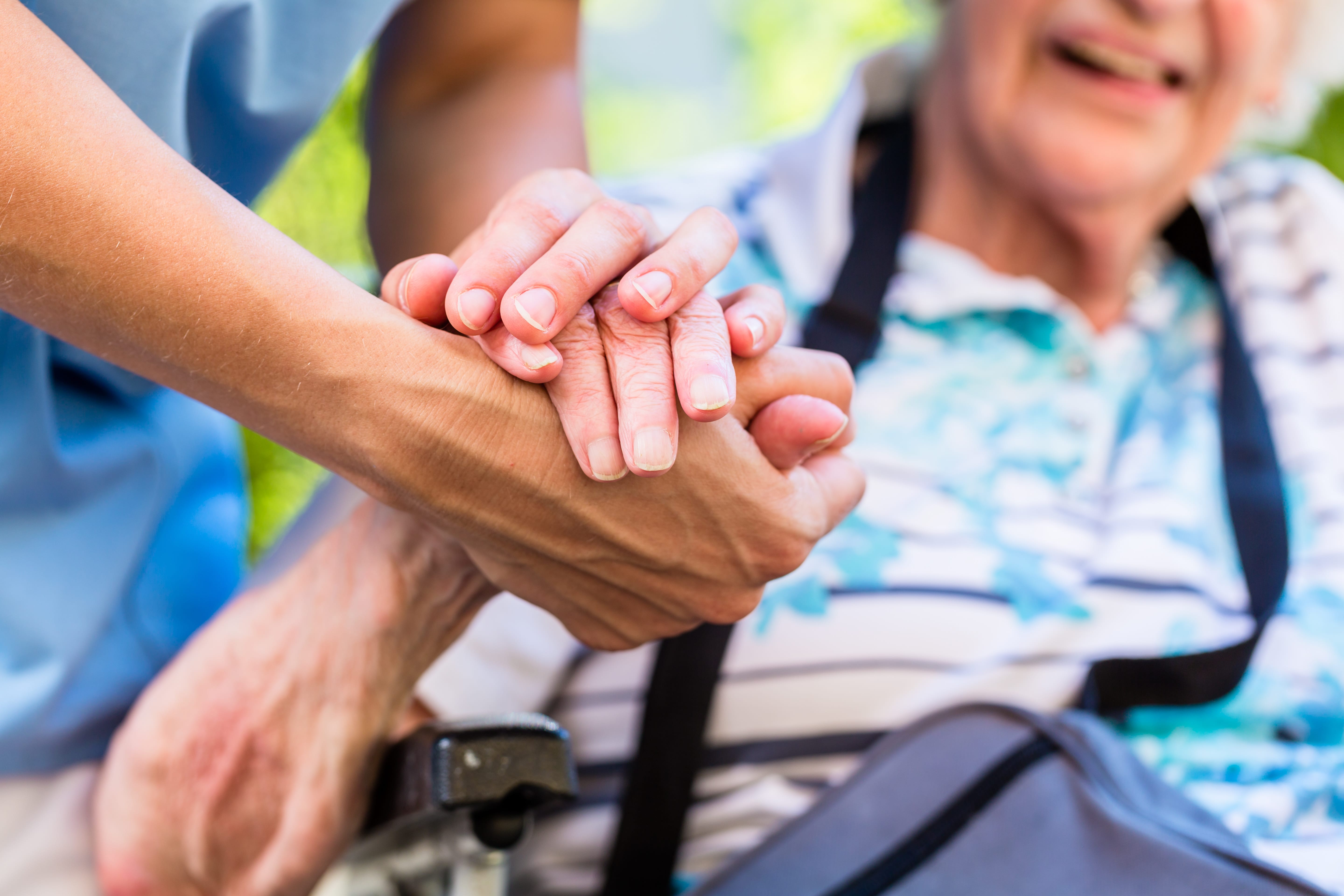Not seeing friends and families, impact on emotional health, loneliness, and worries over physical health were the main concerns of more than 1200 older people who responded to a national survey on their experiences of the winter lockdown.
The survey, undertaken by Age Cymru and a number of national older people’s organisations during March and April 2021, found that for 87% of the respondents, not seeing family and friends was their biggest challenge followed by the impact on emotional health (51%), loneliness (37%) and physical health (35%). One older female who was shielding and living alone said she was ‘fed up of being lonely but that going out was one of the things she was going to find most challenging
Accessing GPs has been raised as cause for concern among older people and some respondents said the pandemic made things worse with many GP surgeries changing ways of working with limited booking times and an increase in the use of digital technologies. Reflecting the concerns of several respondents, one older person told us there is “No understanding of the fact that many elderly people do not have access to or understand social media.” (Self-isolating male, 80-84, Denbighshire.)
Looking ahead to the easing of lockdown restrictions
89% of respondents said they were looking forward to seeing family and friends, while 63% said they were looking forward to going out, particularly to the gym, swimming pool or church.
Sadly, there were others who said they weren’t looking forward to anything: “I live a housebound life anyway because of disability in my household and during lockdown we were eventually able to have regular food deliveries and prescription deliveries. I am concerned that when lockdown is over we will struggle as service providers return to neglecting the needs of those of us who have always lived in lockdown regardless of the pandemic. (Female carer, 55-59, Bridgend)
Deterioration of physical and mental health
Some respondents told us of how their physical and mental health has deteriorated during lockdown and they have concerns about whether they are now mobile enough to go out: “With the lack of real movement for one year, I find it very difficult to be out and about without feeling tired and discomfort. I feel my physical ability has gone down to a third and this is very worrying.” (Female, 70-74, Cardiff)
Concerns around a loss of physical fitness often went hand in hand with concerns about the lack of facilities in public places wondering whether they could access public toilets or places to rest: “When I am able to go out I will need toilets around and seats to be able to rest.” (Female, 85-89, Torfaen).
Age Cymru’s chief executive Victoria Lloyd says: “This survey has given us a window into some of the struggles older people have had to endure during the pandemic. It also helps us to map out some of the pathways that will be needed to help older people emerge successfully from the pandemic.
“Older people are keen to see the safe reopening of facilities such as lunch clubs, day centres and the community spaces that they may have used prior to the pandemic. Places where they can meet friends, undertake physical and social activities, and access important information. It is also important to make sure that those older people who do not use digital technology are not disadvantaged in any way when accessing services and this is particularly the case when accessing health care.
“We must ensure that our village, town and city centres are age friendly with accessible public toilets, suitable seating, and effective public transport to support older people in their communities. While many older people have told us how re-assuring it was to have neighbours and volunteers supporting them during the lockdown so it would be wonderful if this support continues as we fully emerge from Covid restrictions.”








Leave a Reply
View Comments